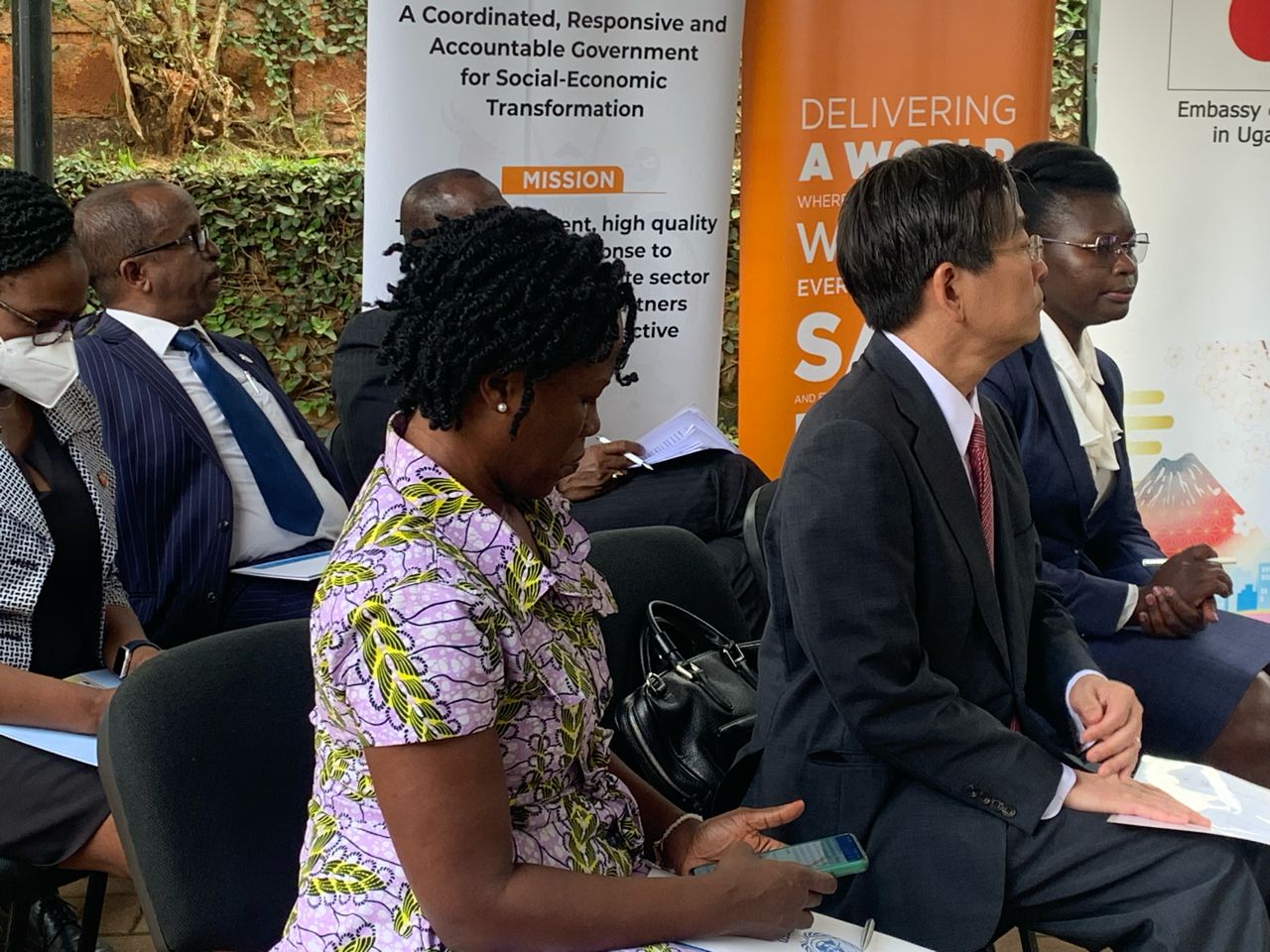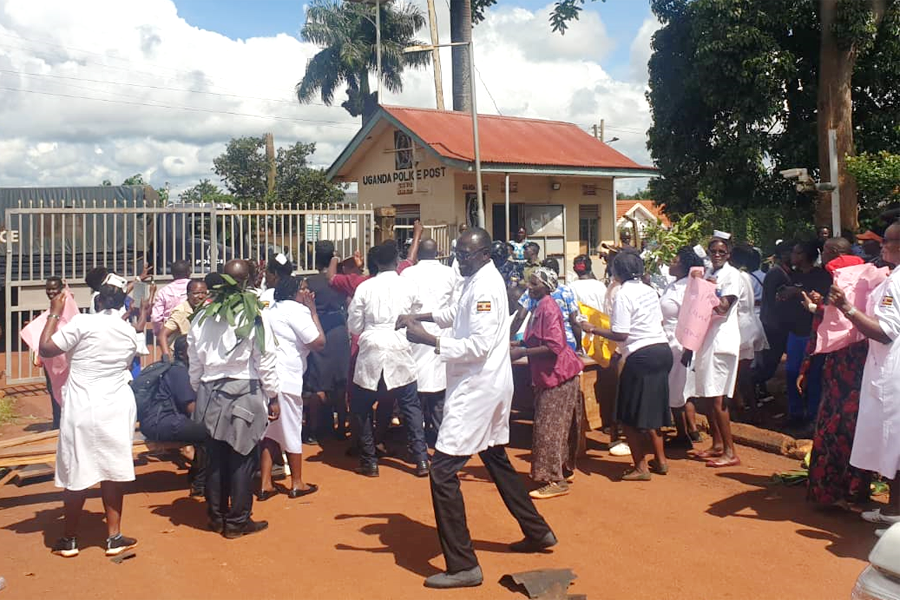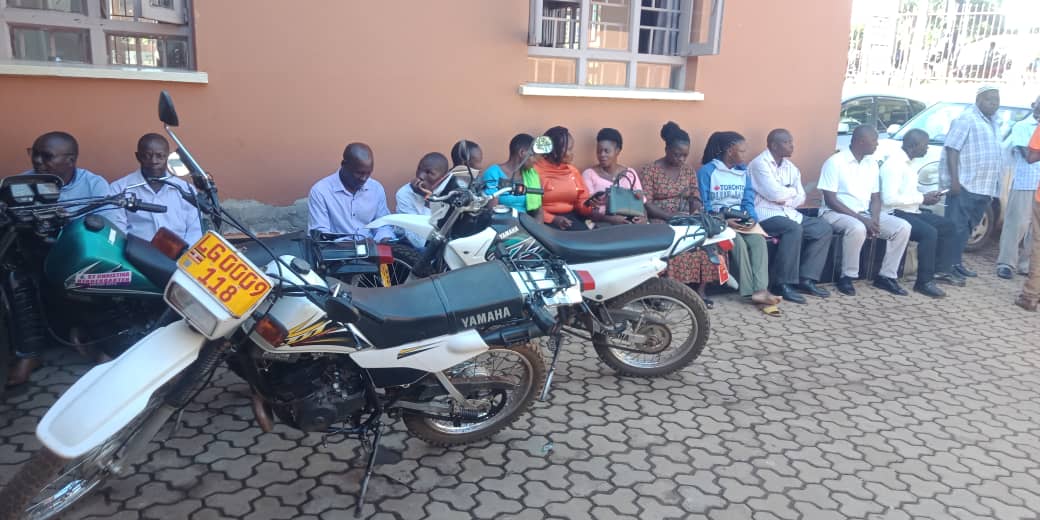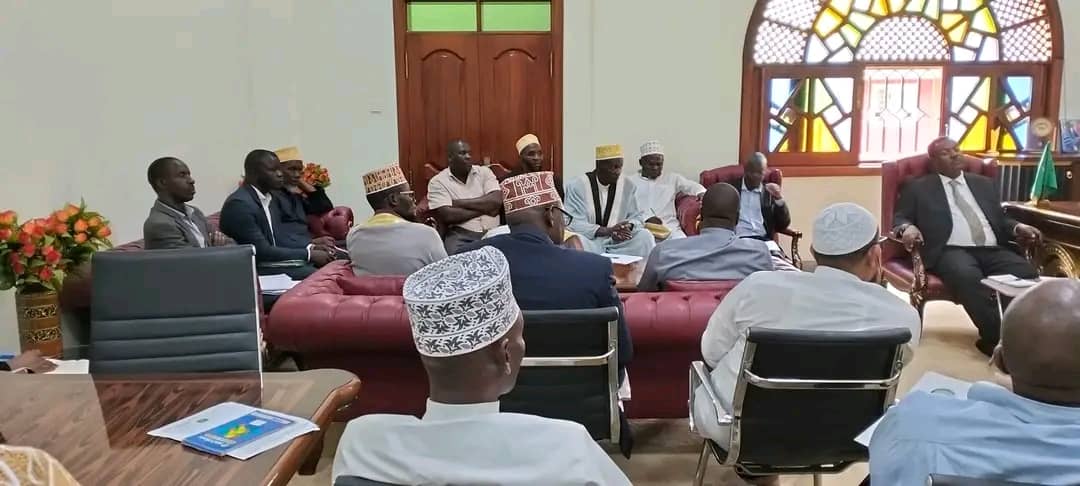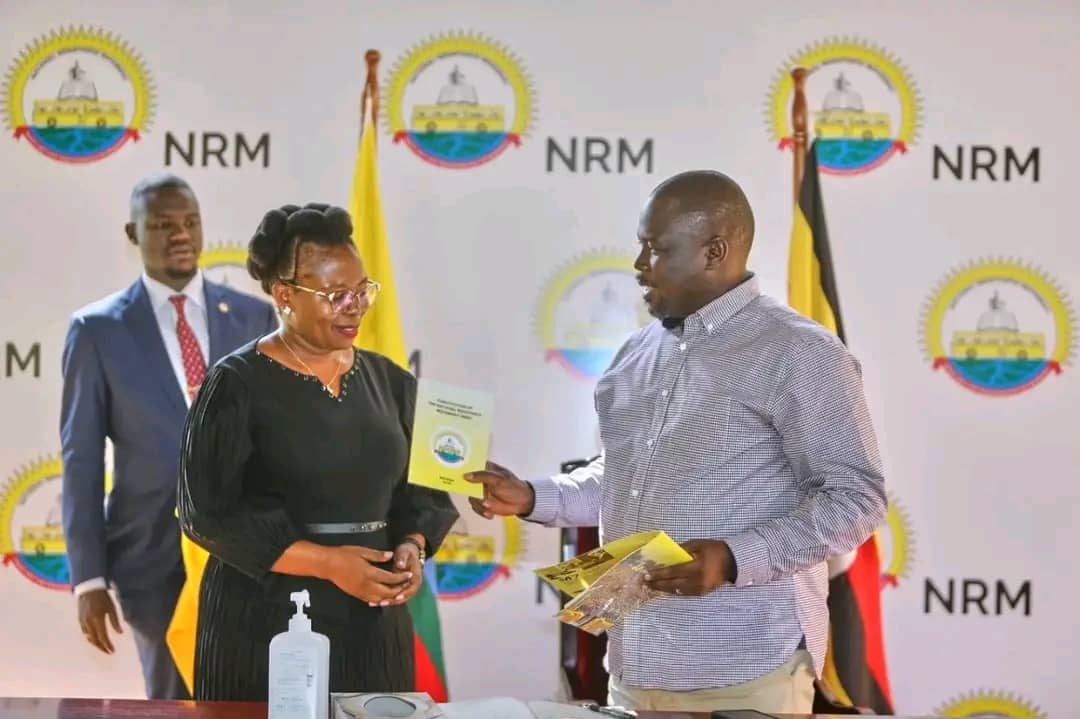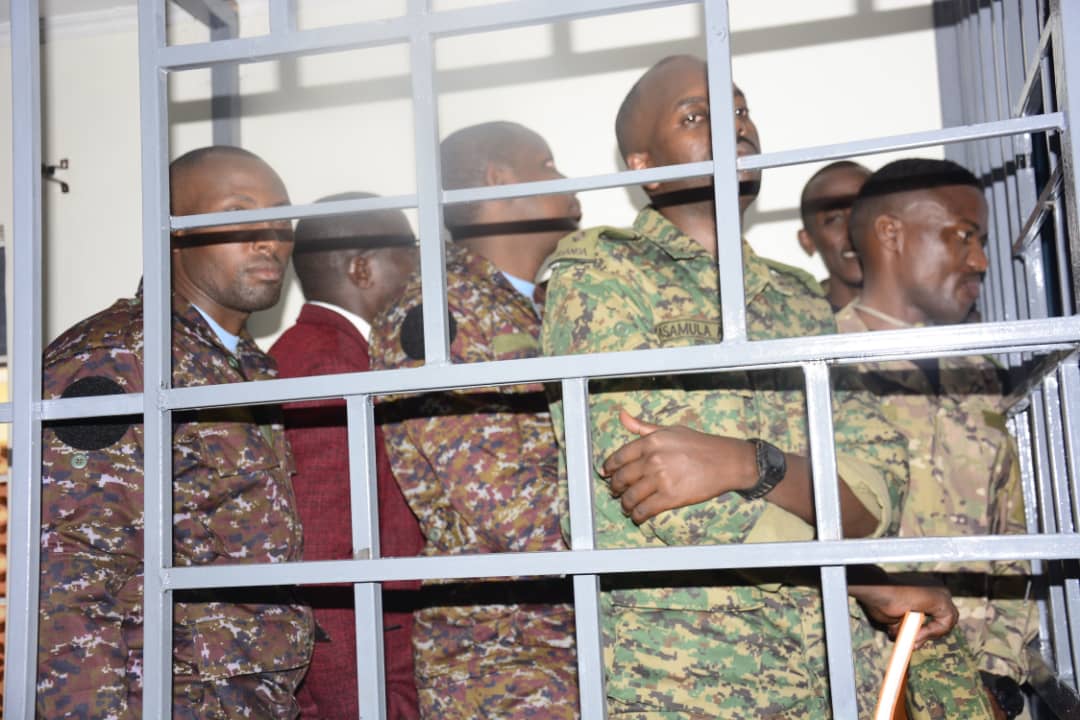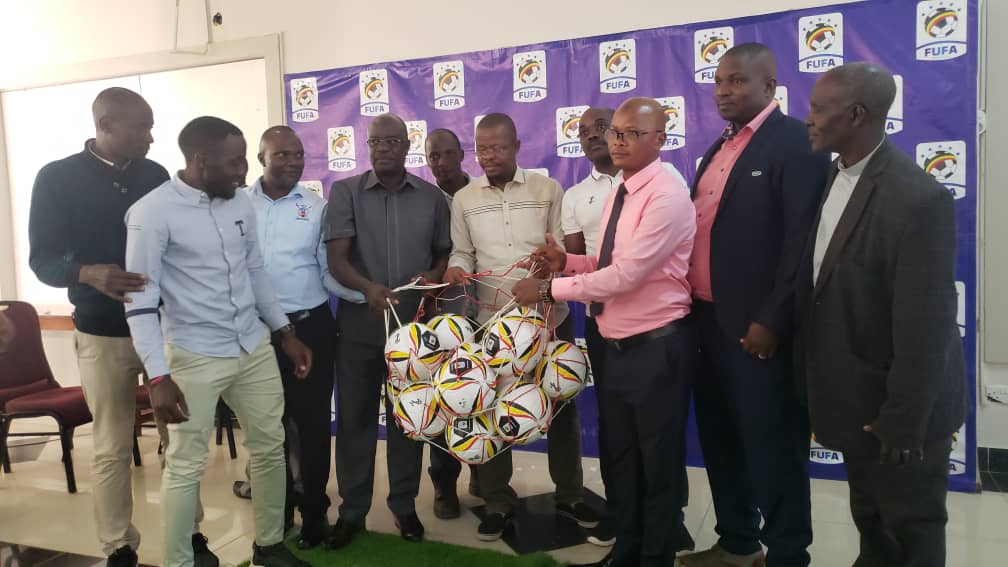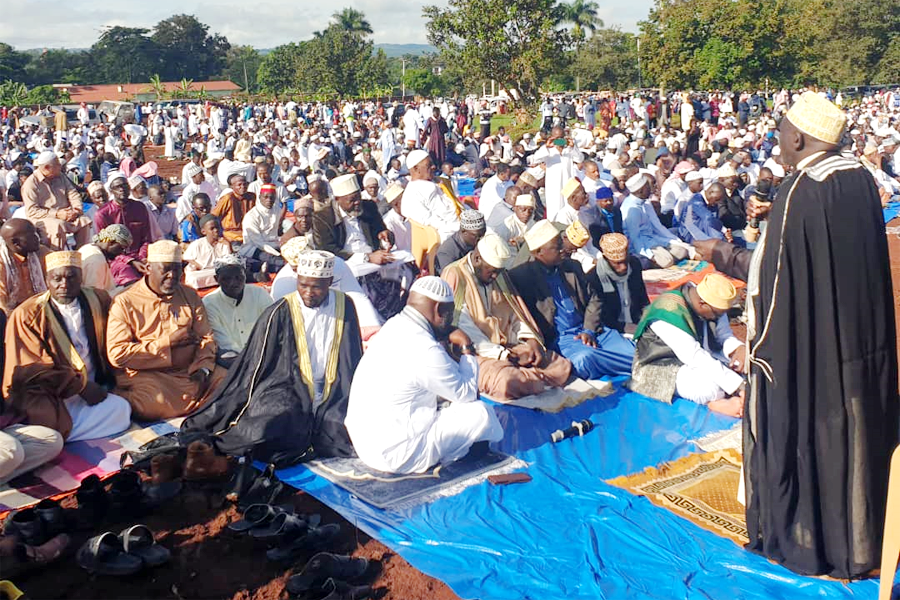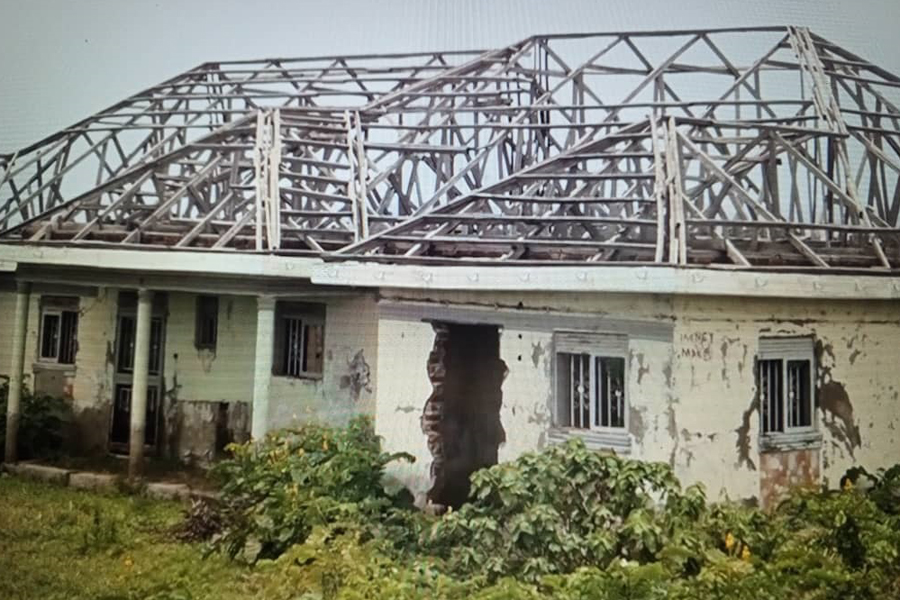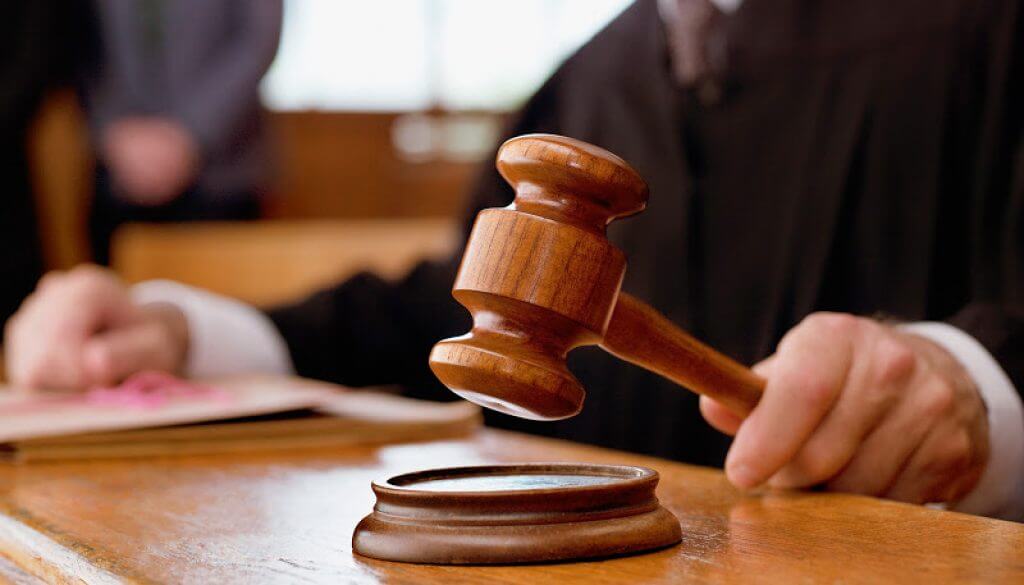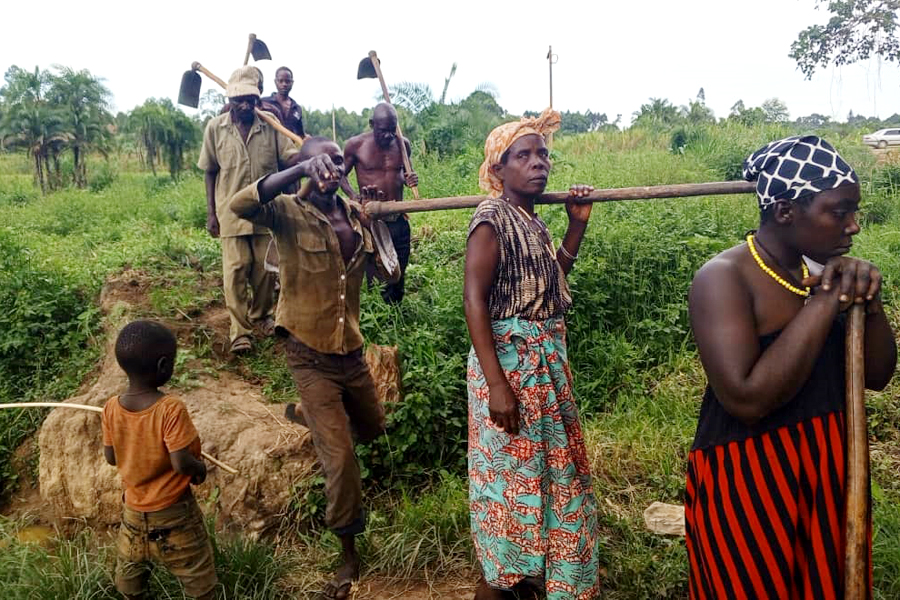There are reports that the police leadership is considering closing Nalufenya, which is synonymous with torture of suspects to extract confessions.
Last year, the Human Rights Committee blew the lid on the facility citing torture of detainees. A section of Members of parliament authored a report calling for the closure of Nalufenya.
Keep Reading
Despite the wide condemnation of the facility, the former Inspector General of Police, Kale Kayihura kept a deaf ear. Now, there are reports that his successor, Martin Okoth Ochola is reviewing the facility with a possibility of shutting it down.
On 19th May 2017, the Human Rights Committee of Parliament visited Nalufenya following a directive by the Speaker of Parliament, Rebecca Kadaga and produced two conflicting reports on the alleged torture of suspects at the Detention facility.
In her report, the Committee Chairperson Jovah Kamateeka reported that Nalufenya appeared reasonably clean and that the committee had found no evidence of inhumane conditions.
Kamateeka also told parliament that they couldn't independently verify the allegations of torture at Nalufenya since their visit wasn't impromptu and that many suspects had been transferred by the time of the visit. She added that the committee couldn't independently verify the real conditions of the suspects at the facility.
Her report conflicted with a minority report tabled by Kilak North MP, Anthony Akol who revealed that the committee had been treated to a set-up of a well-organized police facility.
In his report, Akol said the committee checked the medical record books, which showed that many suspects were being treated with conditions like soft tissue injuries, open wounds, blood flowing from the ears, and many conditions associated with torture and long detention.
He said that even on the very morning the committee visited Nalufenya, there were suspects being treated with wounds and soft tissues injuries but they were never among the suspects presented to the committee.
According to Akol's report, when the then Police Spokesperson, Asan Kasingye was tasked to explain why those treated in the clinic were nowhere to be seen in the cells or records, and even in their Lock up books, he explained that the clinic treats Police officers, families of Police officers and residents of Jinja. "The 21 suspects we talked to appeared to be selected for the visit. The suspects had no wounds and no trace of any torture. They appeared frightened and fearful and could not tell us anything but merely that we are not tortured and we are treated well," reads part of Akol's minority report.
Recommendations
The main committee report cautioned against torture while the minority report recommended for the immediate closure of the facility.
Kamateeka's report observed that Nalufenya was not a conventional police station, saying that even with a constitutional mandate; her committee could only access the facility after protracted negotiations at the entrance to the facility.
"Calls had to be made to Kampala for clearance. The members were barred from entering with their official Ipads and other communication gadgets," Kamateeka reported. Adding that, "given Nalufenya's operations, the facility does not seem to guarantee the protection of personal liberty under Article 23 of the Constitution".
The minority report by Akol recommended for the immediate closure of Nalufenya, saying it contravenes Article 24 of the Constitution, which prohibits any form of torture to a person arrested or detained.
But the main committee report recommended that while it may be necessary to have a gazetted facility for sensitive cases, police should observe and respect the National and International standards of freedom from torture, which is an inviolable human right.


